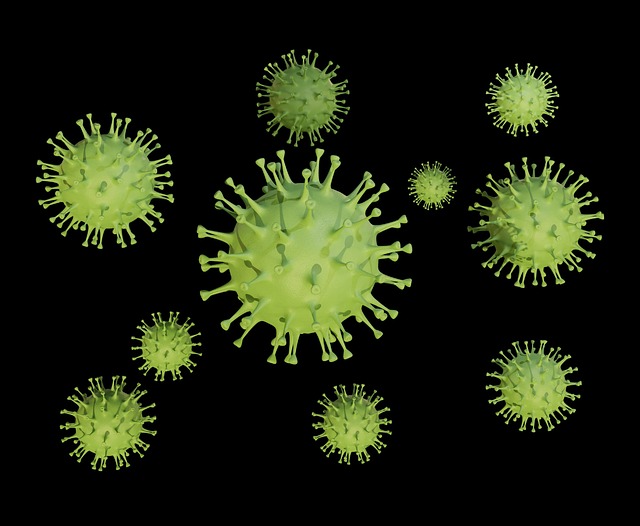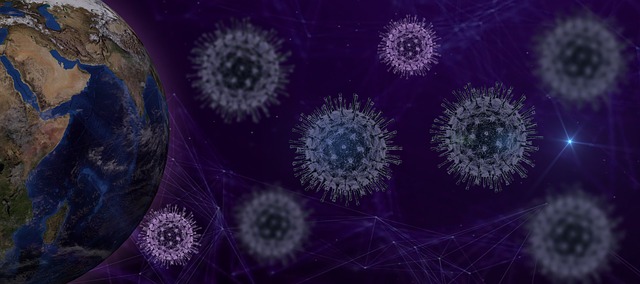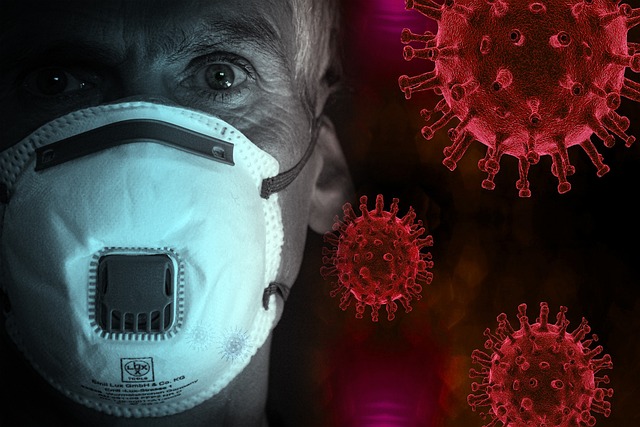
Mental Health Consequences of Physical Distancing during COVID-19: Addressing a Looming Crisis
Physical distancing measures implemented during the COVID-19 pandemic may precipitate a secondary pandemic of mental and behavioral illnesses, underscoring the urgent need for mental health support and interventions to mitigate adverse psychological outcomes among affected populations.
December 2020

Convalescent Plasma Therapy in Severe COVID-19: Insights from Clinical Cases in China
Examination of 10 serious cases of adult COVID-19 patients treated with convalescent plasma therapy in China sheds light on the potential efficacy and safety of this experimental treatment approach, offering valuable insights into its therapeutic potential for severe cases of the disease.
December 2020

The Neuroinvasive Potential of SARS-CoV-2: Implications for Respiratory Failure
Investigation into the neuroinvasive potential of SARS-CoV-2 suggests a possible role in respiratory failure among COVID-19 patients, highlighting the need for further research to elucidate the mechanisms underlying neurological involvement in the disease.
December 2020
Taxation on Sugary Drinks and Consumption Reduction: Evidence from Mexico
Mexico's taxation on sugary drinks has effectively reduced consumption, highlighting the potential of health taxes as a public health strategy to deter unhealthy behaviors and combat the obesity epidemic, supporting broader implementation of similar interventions globally.
December 2020

Evaluation of Non-Pharmacological Interventions against COVID-19 and Influenza: Impact Assessment
Non-pharmaceutical interventions, including border restrictions, quarantine, isolation, distancing measures, and behavioral changes, demonstrate effectiveness in reducing transmission of COVID-19 and influenza, highlighting the importance of comprehensive public health strategies to mitigate infectious disease spread.
December 2020

COVID-19: Treatment Strategies for Severe Acute Respiratory Distress Syndrome
Authors propose pragmatic approaches to administering extracorporeal membrane oxygenation (ECMO) to patients with severe COVID-19-related respiratory failure, aiming to optimize outcomes in critically ill individuals.
November 2020

Suicide Mortality and COVID-19: Understanding Secondary Consequences of Social Distancing
Secondary consequences of social distancing measures implemented during the COVID-19 pandemic may exacerbate suicide risk, underscoring the need for comprehensive mental health support and suicide prevention efforts amidst the public health crisis.
November 2020

COVID-19 Atypical Acute Respiratory Distress Syndrome: Insights from Clinical Phenotypes
Patients with COVID-19 pneumonia meeting Berlin criteria for acute respiratory distress syndrome (ARDS) exhibit an atypical form of the syndrome, characterized by distinct clinical features and treatment responses, highlighting the need for tailored management approaches in affected individuals.
November 2020

Mental Health Conditions and Hyperthyroidism: Implications for Pediatric Patients
Evaluation of different mental health states in pediatric patients with hyperthyroidism underscores the need for comprehensive assessment and management of psychiatric comorbidities in this population, highlighting the complex interplay between endocrine and mental health disorders.
November 2020

Effectiveness of Surgical and Cotton Masks in Blocking SARS-CoV-2: Implications for Infection Control
Uncertainty persists regarding the effectiveness of face masks, including surgical and cotton masks, worn by COVID-19 patients in preventing environmental contamination and transmission of the virus, underscoring the need for further research and evidence-based recommendations in infection control practices.
November 2020















